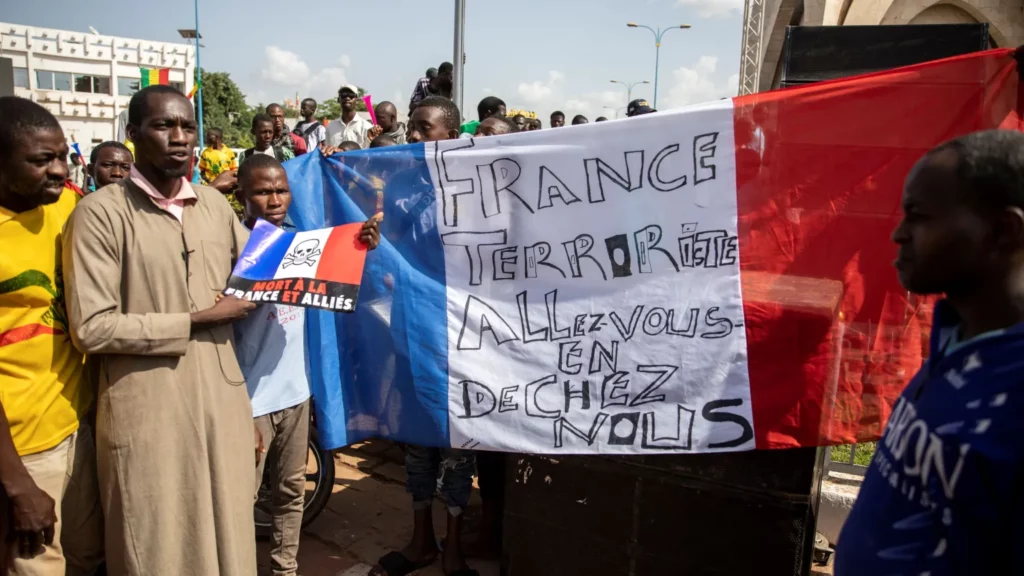
Recent upheavals in several African nations have further underscored the declining influence of France and the potential encroachment of Russian interests in the region.
In the wake of France’s military withdrawal and the subsequent power vacuum, countries like Mali, Burkina Faso, and Niger have experienced political turmoil, with pro-French leaders being replaced by individuals seemingly less inclined towards maintaining strong ties with France.
In Mali, a military coup in 2021 led to the ousting of President Ibrahim Boubacar Keïta, who had maintained close relations with France. Subsequently, in Burkina Faso, the removal of long-serving President Blaise Compaoré in 2014 disrupted the country’s traditional alignment with French interests.
Additionally, in Niger, the recent withdrawal of France’s ambassador, following political tensions, has brought into question the future trajectory of the country’s relationship with its former colonial power.
These developments have paved the way for potential shifts in geopolitical alliances, with Russia and its paramilitary forces increasingly vying for influence in the region. The Wagner Group’s operations, known for their involvement in various African countries, including Mali and the Central African Republic, have further complicated the situation.
Their activities, often intertwined with resource concessions and political leverage, have raised concerns in the West about the long-term implications for regional stability and sovereignty.
Furthermore, the growing significance of the Sahel region as a potential breeding ground for extremist groups has heightened the urgency for strategic intervention, but on the other hand critics have accused the West of being responsible for the growth of extremist groups both in Africa and in countries like Syria.
The United States, despite acknowledging the strategic importance of the Sahel, is expected to try to make substantial moves to counterbalance Russia’s expanding presence. With General Michael Langley emphasizing Africa’s status as the epicenter of international terrorism and a battleground for global power struggles, there is a strong need for an independent Africa.
As African nations navigate this complex geopolitical landscape, the delicate balance of power between traditional Western influences and emergent forces from the East is poised to define the trajectory of the region’s stability and development.
With the future of Françafrique seemingly in flux, the actions of global powers in response to these evolving dynamics will undoubtedly shape the course of African geopolitics in the years to come.
